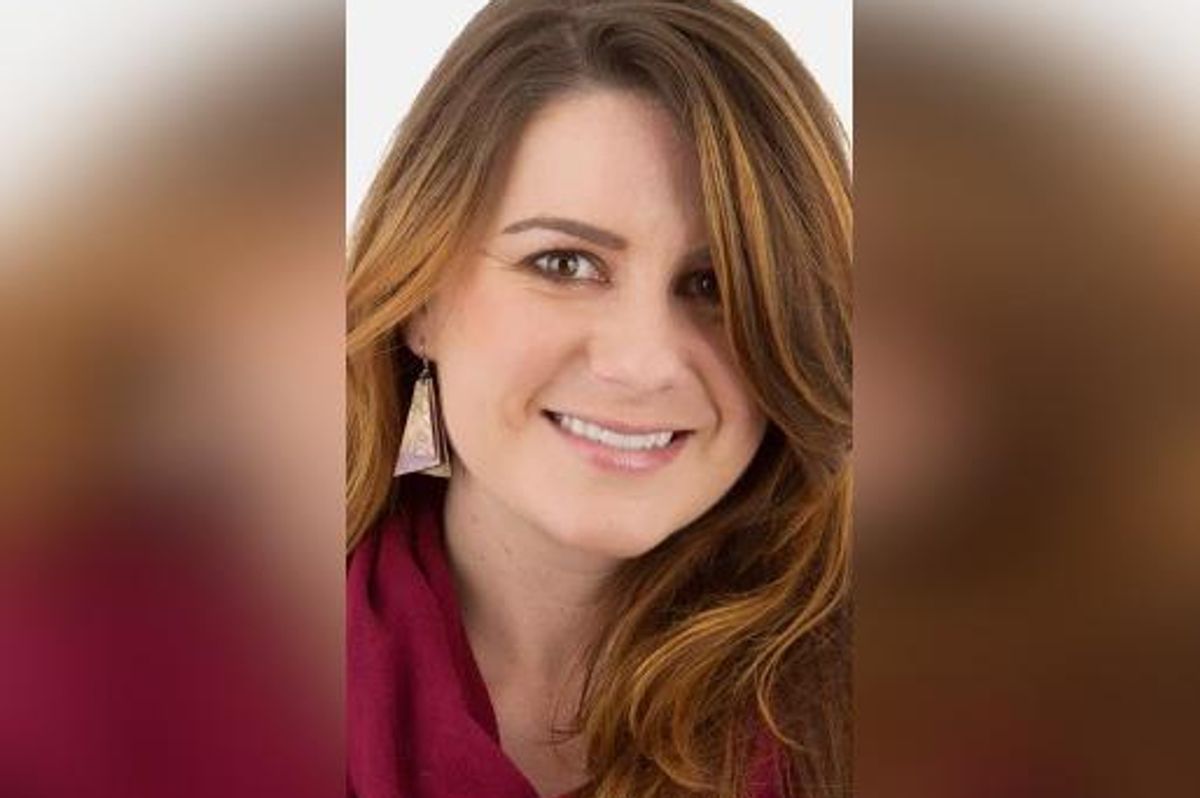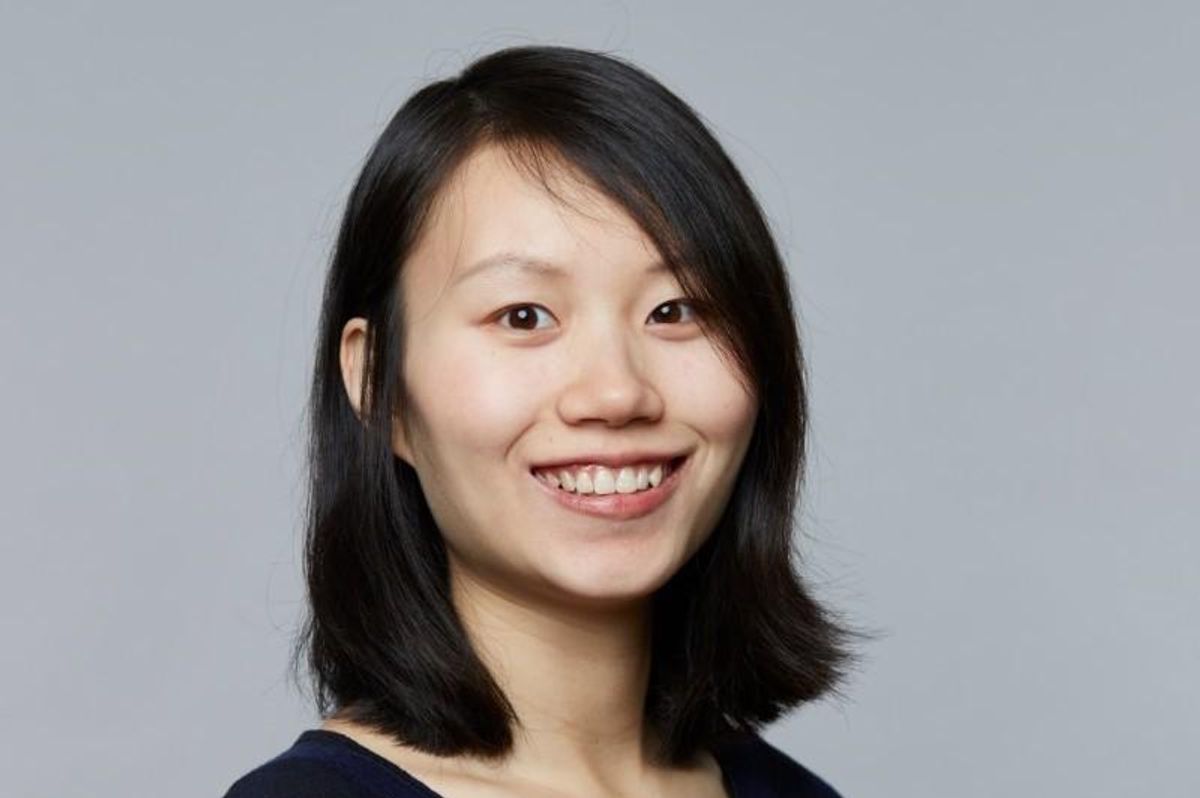Founders, investors sound off on Houston's VC scene, energy innovation potential, and more
EAVESDROPPING in Houston
Last week, nearly 1,000 people convened in Houston to discuss venture capital activity, startups, and decarbonization, and the Houston factor among it all.
On September 7, Venture Houston hosted several keynote addresses and panels throughout the day's programming, and investors from across the country discussed with Houston-based startup and corporate leaders on topics from seed funding to cultivating an ecosystem.
The annual event, presented by HX Venture Fund, a fund of funds that deploys capital into VC funds with an interest in Houston, had one significant through line throughout the day, and it was Houston's role within innovation and the energy transition.
Whether you missed the event or were there to soak in every second, here's a roundup of key statements on this topic from the panelists.
“We mapped out Texas as a high priority because we knew you can’t do energy without Texas. You can’t do energy without Houston."
— Carmichael Roberts, investment committee co-lead for Breakthrough Ventures. "The opportunity that Houston has to be the unambiguous leader is because everywhere else can do energy transition, but they still can’t do what Houston does,” he continues.
“There’s no better place in the world than Houston to build and scale a climate tech startup.”
— Tim Latimer, CEO and co-founder of Fervo Energy. “But I don’t know if I’m ready to make the claim that we’re the best place to start a business,” he adds.
“Houston needs that first, higher-profile investor who’s Houston-based, Houston-first, and wants to put as much capital as possible into energy transition and climate tech companies.”
— Craig Wilson, managing director of NYU’s Tandon Future Labs. “Houston is blessed with an incredible amount of CVC and late stage capital," he continues. "What it really could use is early stage capital.”
“There are a couple aspects you need for an ecosystem, and Houston has been putting a lot of those in place, but it’s not perfect yet, and there’s still work that this ecosystem needs to do."
— Trevor Best, CEO and co-founder of Syzygy Plasmonics. Startups need talent, facilities, capital, and customers. “Here in Houston, for energy transition technologies, I don’t know if there’s an ecosystem that can check the box (for customers) stronger than Houston," he adds, explaining that talent is here too. Where Houston needs improvement, according to Best, is in facilities, which is seeing some progress, and capital development.
“I think Houston is actually the perfect place for becoming the energy transition capital. If you ask me, I think we already are.”
— Andrea Course, venture principal of Shell Ventures. “It really just takes people doing what we’re doing now to make it even greater," she adds.
“We have to figure out ways for how big energy companies work with new technology providers in partnership and not say it’s a David versus Goliath thing.”
— Gaurab Chakrabarti, co-founder and CEO of Solugen. “That’s a philosophical misalignment,” he continues. “Instead of saying it’s an absolute problem, accept that it’s a transition.”
- Gwyneth Paltrow, VCs to headline exciting upcoming Houston summit ›
- Houston VC conference returns to prioritize decarbonization, curated connections ›
- Superstar startup founder Gwyneth Paltrow shares entrepreneurial journey at Venture Houston ›
- Houston investor outlines how rare VCs are in Houston — and how to find them ›

 Bryan Guido Hassin has been named CEO of DexMat. Photo via LinkedIn
Bryan Guido Hassin has been named CEO of DexMat. Photo via LinkedIn











 Apple doubles down on Houston with new production facility, training center Photo courtesy Apple.
Apple doubles down on Houston with new production facility, training center Photo courtesy Apple.